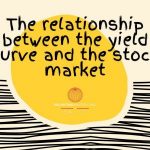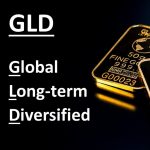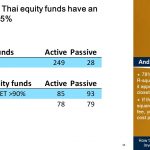Valuation Master Class Student Essay: The yield curve is a line that plots the bond yields at a set point in time, of bonds having equal credit quality against their maturities. The curve shows the relation between the interest rate and the time to maturity. Typically, bond maturities vary from 3 months to 30 years.
Read MorePTG Energy Public Company Limited (PTG TB): Profitable Growth rank of 2 was up compared to the prior period’s 7th rank. This is World Class performance compared to 330 large Energy companies worldwide.
Read MoreAll Weather Strategy: The All Weather Strategy has underperformed World equity, due to the forceful rebound in stocks. We move away from our ultra-conservative equity target allocation but remain cautious and focus on downside protection.
Read MoreCareers in Finance: Take care of your stakeholders in the industry as a whole, not only in your organization. You have to look forward and try to learn a new thing. If you don’t change yourself something new will change you.
Read MoreFraser & Neave Holdings Berhad (FNH MK): Profitable Growth rank of 2 was same compared to the prior period’s 2nd rank. This is World Class performance compared to 570 large Cons. Staples companies worldwide.
Read MoreValuation Master Class Student Essay: Weight average cost of capital (WACC) is a calculation of a firm’s cost of capital which includes all sources of capital such as common stocks, preferred stocks, and bonds.
Read MoreWe look at 277 Thai equity mutual funds of which 90% are active and only 10% are passive. 78% of active funds have an R-squared >85%, hence, it appears those funds are closet-indexers.
Read MoreAdvanced Info Service Public Company Limited (ADVANC TB): Profitable Growth rank of 1 was up compared to the prior period’s 2nd rank. This is World Class performance compared to 120 large Telecom companies worldwide.
Read MoreCareers in Finance: As a fund manager, always look at the whole picture first before investing in stocks. Before you invest, you have to make sure that your decisions and investment process is correct so that you can make high returns for your investors.
Read MoreGunkul Engineering Public Company Limited (GUNKUL TB): Profitable Growth rank of 4 was up compared to the prior period’s 5th rank. This is above average performance compared to 1,350 medium Industrials companies worldwide.
Read More











